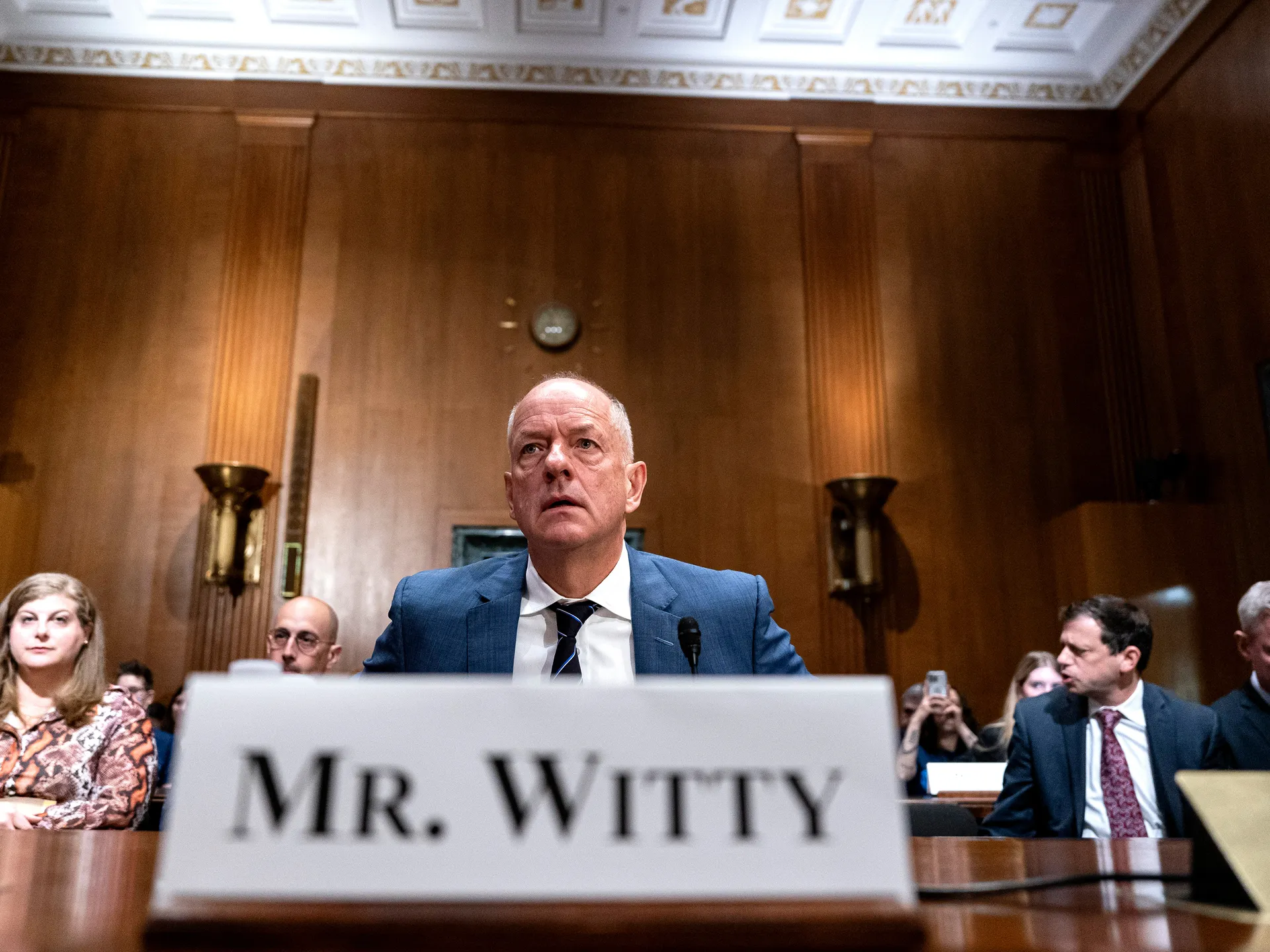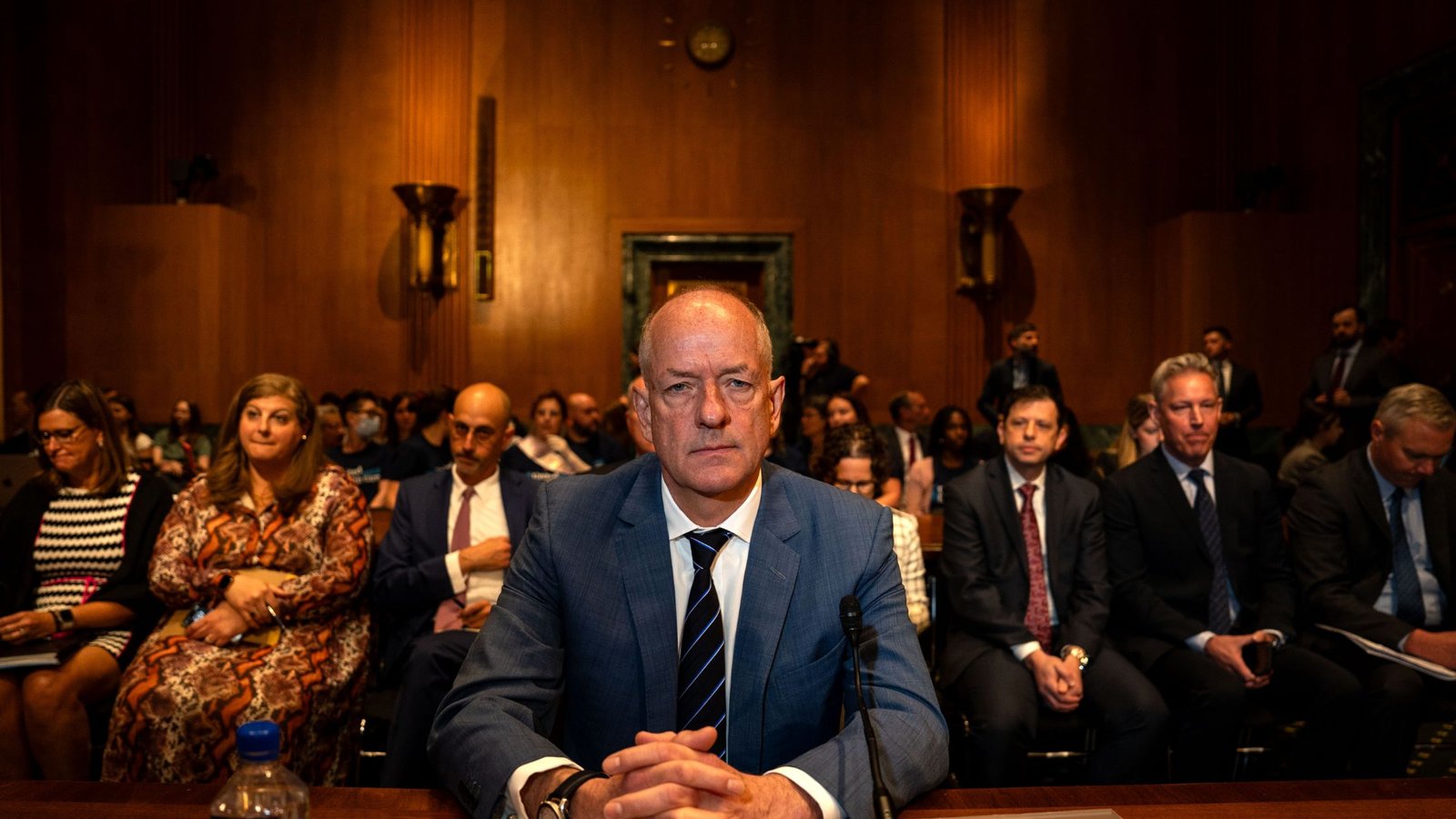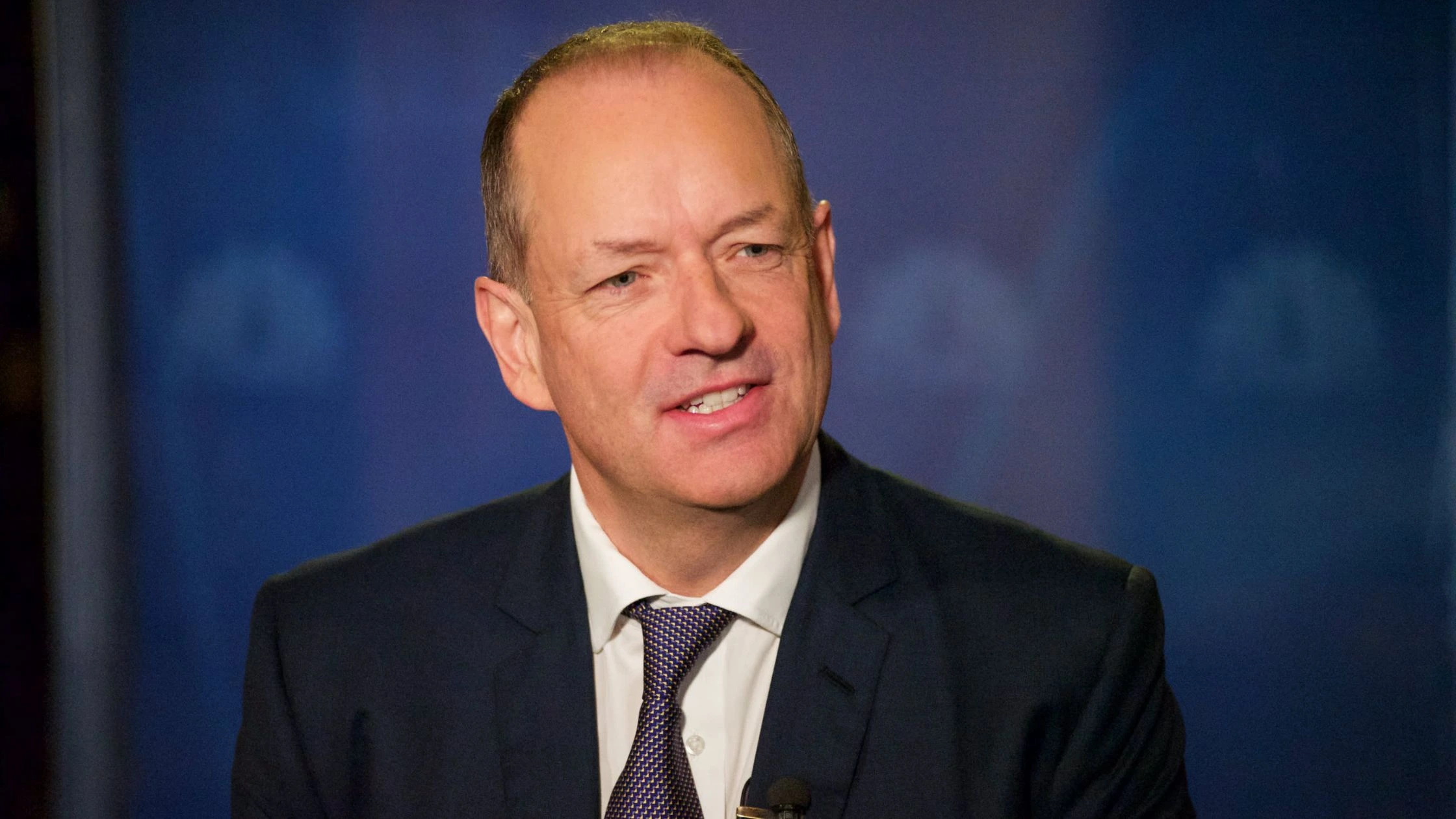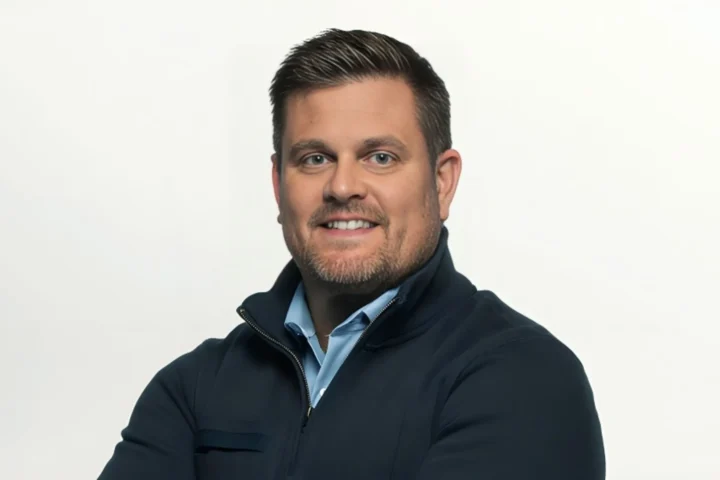Recently Andrew Witty the CEO of UnitedHealth Group wrote an op-ed in The New York Times where he addressed much criticism the insurer received in the wake of the tragic death of Brian Thompson, the head of the firm’s insurance division.
This annual event has elicited public concern and scrutiny of health insurers whereby Witty has understood the systems problems in the US healthcare system.
Andrew Witty made his comments after the December 4 killing of Thompson, a shock to the healthcare industry. In his article aptly captioned The HealthCare System Is Flawed, In the advert “Let’s Fix It,” Witty could only apologize for the death of Thompson and affirm to the fact that the world needs fixing especially in the healthcare sector.
In this way, he pointed out that the current structure is “not as efficient as it should be,” for it is a complex and intertwined structure developed over the years with no discernable strategy.
In the op-ed, Witty shows that he knows people feel annoyed addressing health insurance issues with regard to coverage and decision-making. He said, no one would create a system like the one we have implying the need for improvement to reform and to get insurers to explain options more. Andrew Witty noted that both providers of coverage and payers are to be blamed for the misunderstandings surrounding these choices.

The largest health insurer of the United States, UnitedHealth Group, has been attracting attention due to its actions, primarily concerning denial of claims and controversies over low transparency. Andrew Witty also added that many people in America are dissatisfied with their health cover, and the dissatisfaction has been further amplified through social media after the death of Thompson.
He noted that the company needs to engage with various players including healthcare providers, employers, patients and government departments to enhance provision of services and reduce costs.

In his Op-Ed, Andrew Witty explained that after Thompson’s murder, employees got an emotional trauma, and the author noted that threats against staff increase along with tensions. He spoke about employee welfare and recalled the firm’s commitment to improving healthcare availability and standard.
Witty said that every worker at Reading Health System should be secure in their job description be it answering customer service inquiries or providing patient care.
There was no list of specific reform in his article but as far as overhauling the industry was concerned Witty advocated for better communication of how insurers share information as well as their decision making process. He has insisted that all the claim decisions they make are rooted in very considerable clinical practice data aimed at improving overall health and minimizing adverse effects to the patients.
The op-ed acts not only as a reply to recent events but also as a broader appeal for reforming a complex healthcare system that many find challenging to navigate. Witty’s recognition of these issues shows an awareness that systemic change is essential to rebuild trust and enhance patient care in the industry.
As UnitedHealth Group navigates its public image after these events, Witty’s leadership will be vital in directing the company to tackle these urgent issues while honoring Thompson’s legacy with significant enhancements in healthcare delivery.



